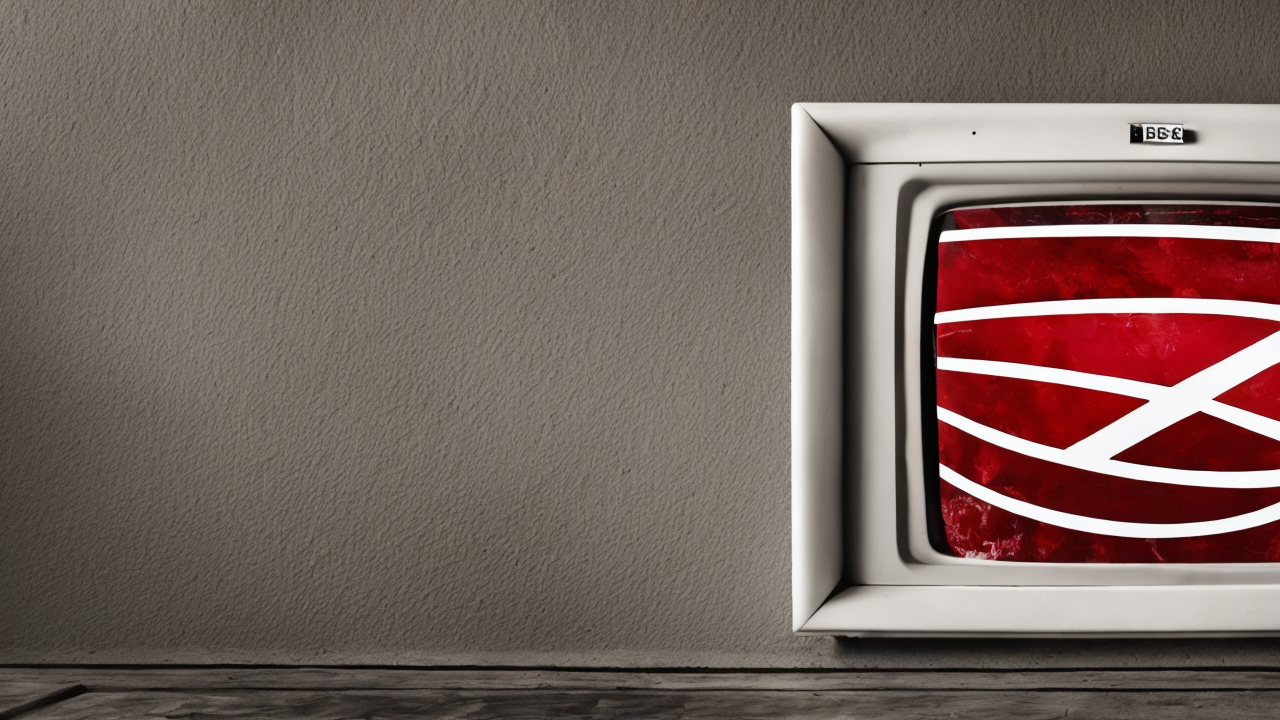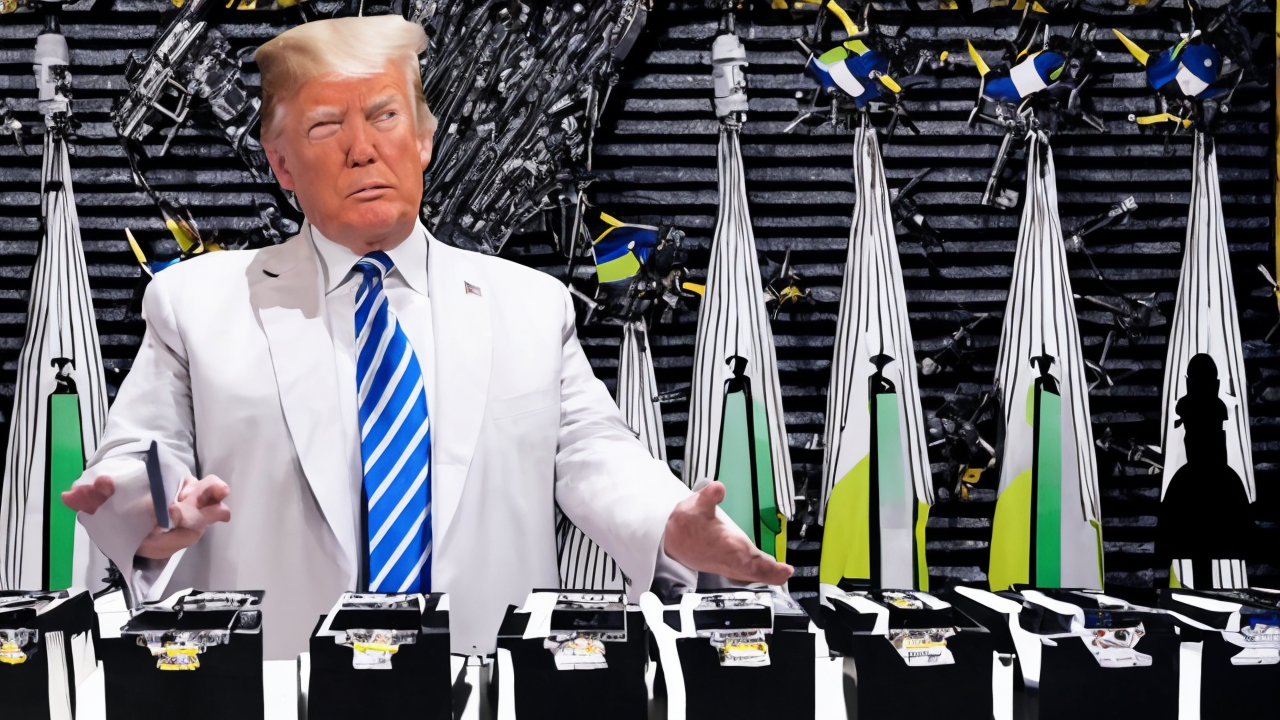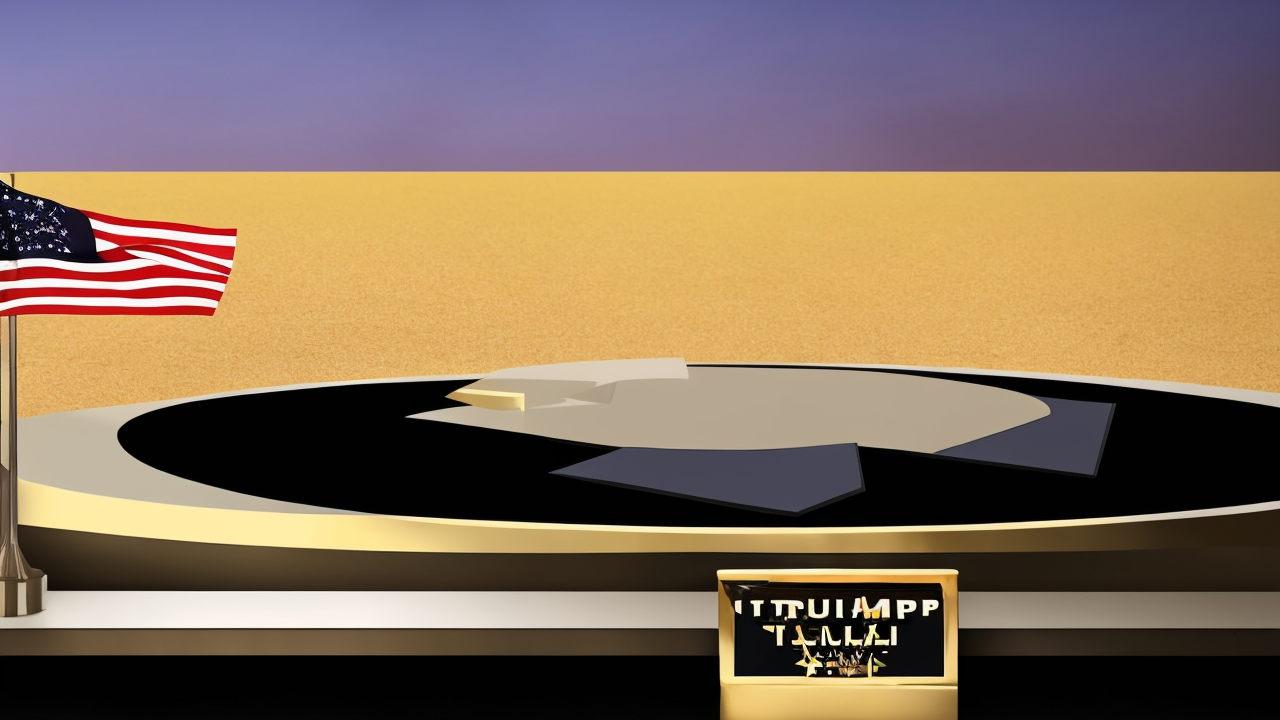The BBC’s Decline: A Case of Leftist Bias and Misguided Journalism

Once seen as a beacon of impartial reporting, the BBC now faces mounting criticism for departing from its foundational mission. As a public institution funded by taxpayer dollars, it is expected to uphold the highest standards of truth, balance, and integrity. Yet recent events suggest a troubling shift—not toward ideological neutrality, but toward a consistent pattern of selective storytelling that favors certain narratives over factual accuracy.
The resignation of senior executives over the editing of footage related to the January 6 Capitol riot is one of many examples raising serious concerns. Critics argue that the manipulation of video evidence, particularly in ways that could influence public perception of a political figure, undermines the credibility of the entire news operation. When a broadcaster with such reach alters content to fit a predetermined narrative, it sets a dangerous precedent. It suggests that truth is not a fixed standard but a malleable tool shaped by political preference.
Climate reporting has also drawn sharp scrutiny. While climate change is a significant issue, the BBC’s approach has often leaned toward alarmism rather than balanced analysis. By consistently emphasizing dire predictions without giving equal weight to scientific uncertainty, alternative models, or policy debates, the network risks turning informed discussion into emotional manipulation. Charles Moore of The Telegraph observed that the coverage often comes across as “very self-important, very emotional, and very, very one-sided.” This kind of reporting does not serve the public—it shapes opinion, sometimes without regard for evidence.
The pattern extends beyond environmental issues. Long-standing critiques of the BBC’s coverage of international affairs—particularly its reporting on Israel and the Middle East—reveal a consistent imbalance. Stories often emphasize one side while downplaying context, history, or the broader geopolitical realities. Similarly, coverage of figures like former President Donald Trump has frequently been marked by a tone of moral condemnation rather than objective inquiry. This is not merely political preference; it is a failure of professional responsibility.
What is most troubling is not that bias exists—no institution is immune to it—but that these deviations appear to be systemic. When corrections are issued only after widespread backlash, when programs are pulled without clear explanation, and when internal investigations are launched only after public pressure, it signals a deeper problem: a lack of accountability to the people it serves.
A healthy democracy depends on a free and fair press, but not just any press—only one that is anchored in truth, not ideology. Public broadcasters like the BBC have a special duty. They are not commercial enterprises seeking profit; they are public servants funded by citizens who expect fairness, transparency, and accuracy. When that trust is broken, the cost is not just to the network’s reputation, but to the entire civic culture.
The solution is not to abandon the BBC, but to demand better. Reforms in editorial oversight, stronger standards for sourcing and editing, and a renewed commitment to presenting multiple perspectives—even when they challenge prevailing views—are essential. If the BBC is to remain relevant, it must remember its purpose: to inform, not to persuade; to report, not to advocate.
In the end, the BBC’s decline is not a partisan issue—it is a moral one. It is about whether institutions entrusted with the public’s trust will uphold their duty to the truth, or allow themselves to become instruments of influence. The stakes are high. When facts are compromised, democracy itself is weakened. The public deserves better. And the BBC, if it is to survive as a credible institution, must answer that call.
Published: 11/15/2025








